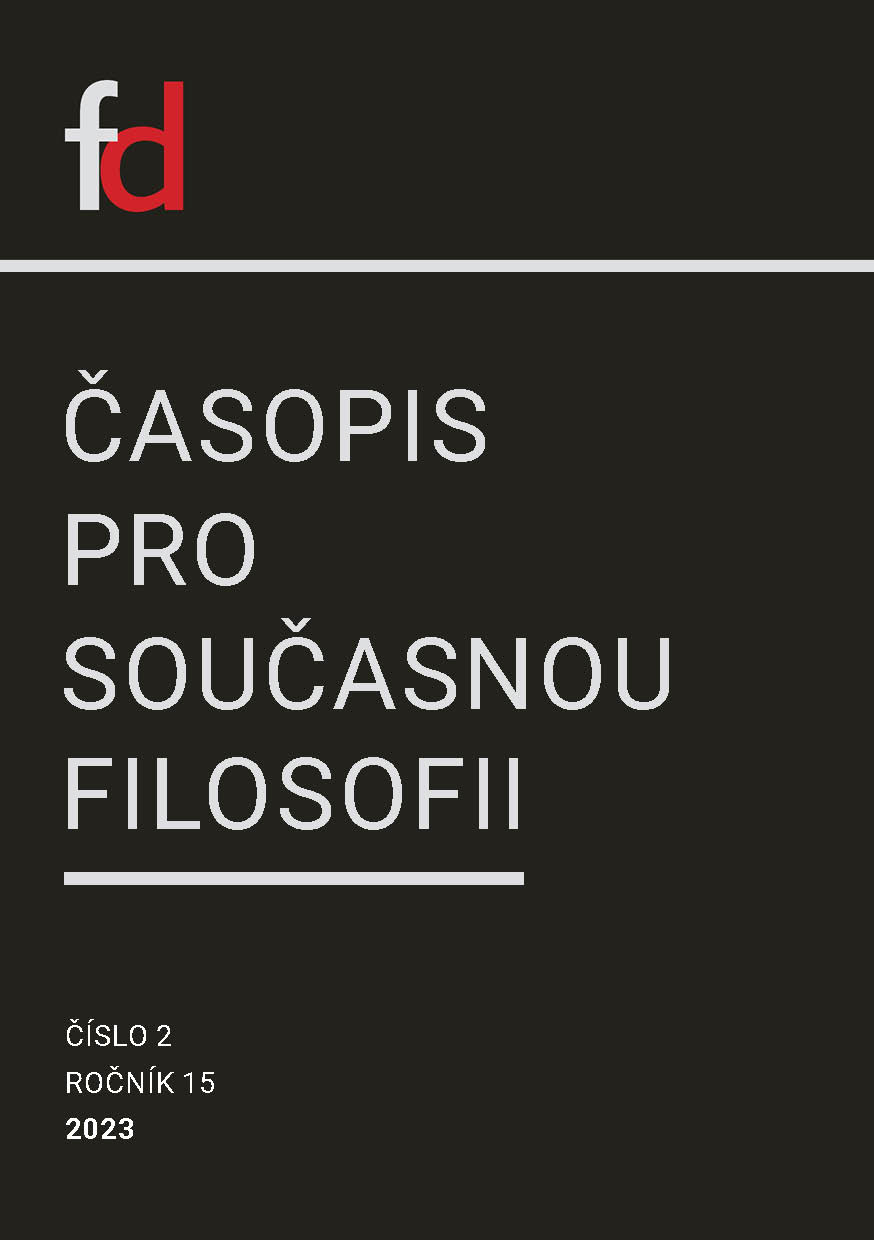Naturalness in childbirth – examples of the interconnectedness of culture and biology from the point of view of a midwife
DOI:
https://doi.org/10.26806/fd.v15i2.488Abstract
Childbirth is an important event at the beginning of our lives. The period around childbirth is a critical period for the future health of the woman and the child, as well as for entire future generations. Childbirth, and especially its sensitive postpartum phase, was and is the target of various cultural interventions and established rituals. Significant changes in childbirth care occurred with the development of surgery and obstetrics and with the subsequent institutionalization, technologization and medicalization of childbirth. “Male” obstetrics has assumed a dominant role over the original midwifery, even for uncomplicated births. In response to these changes, the natural birth movement arose. International professional organizations also draw attention to the danger of an epidemic of excessive intervention in childbirth, which brings fatal complications in the present and risks for the future. From a global perspective, the most striking fact is that very few births passed using just their own neurohormonal control, with their own cocktail of “love hormones”. Redundant interventions can lead to rapid impact on subsequent generations through epigenetic changes (e.g. direct effect on the female fetus in utero) and intergenerational transmission of the microbiome. Thanks to modern knowledge, we cannot neglect the influence of stress hormones etc., enabling the intergenerational transmission of trauma. Are we capable of a return or modern development to the mostly so-called natural childbirth? What does natural birth actually mean and where are the boundaries between
instinctive behavior and cultural conditioning?
Downloads
Published
Issue
Section
License
Authors who publish in this journal agree that:
1. Authors retain copyright and guarantee the journal the right of first publishing. All published articles are licensed under the Creative Commons Attribution license, which allows others to share this work under condition that its author and first publishing in this journal was acknowledged.
2. Authors may enter into other agreements for non-exclusive dissemination of work in the version in which it was published in the journal (for example, publishing it in a book), but they have to acknowledge its first publication in this journal.
3. Authors are allowed and encouraged to make their work available online (for example, on their websites) as such a practice may lead to productive exchanges of views as well as earlier and higher citations of published work (See The effect of open access).


